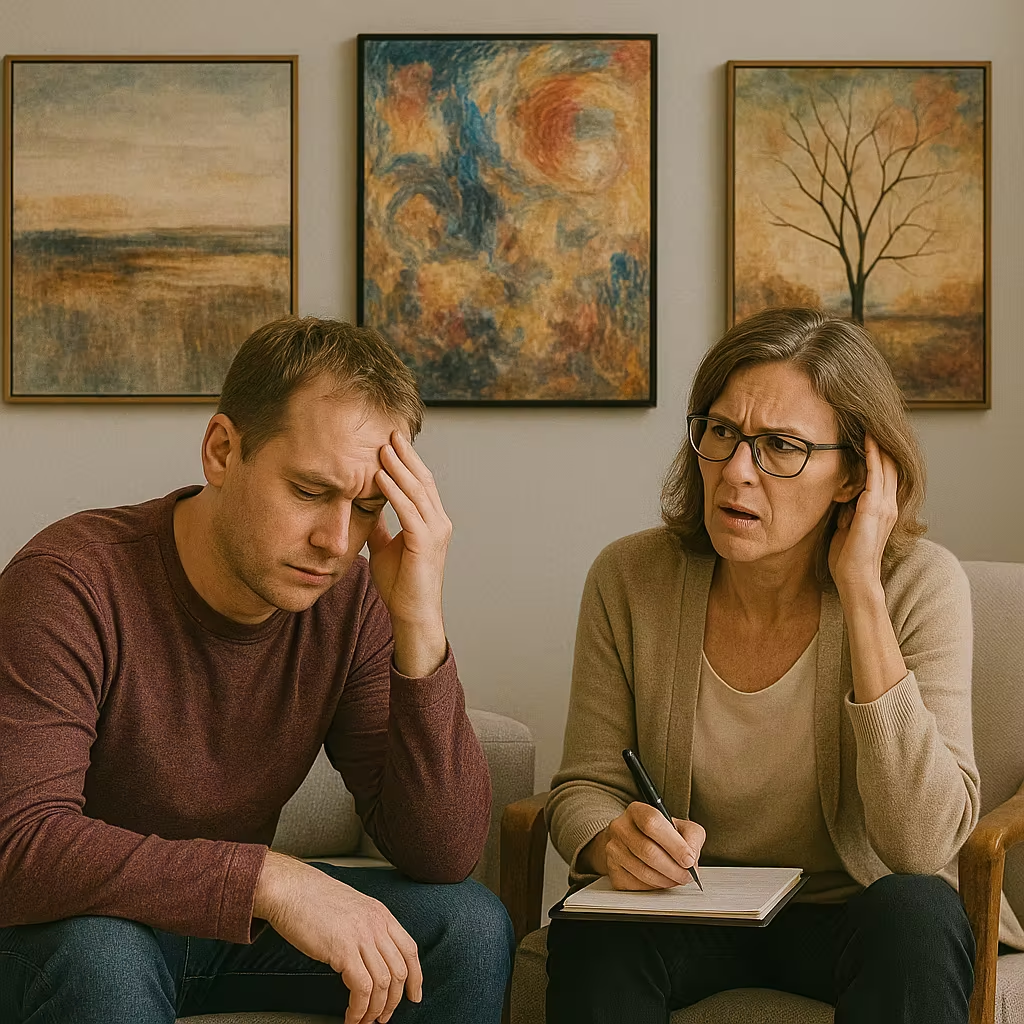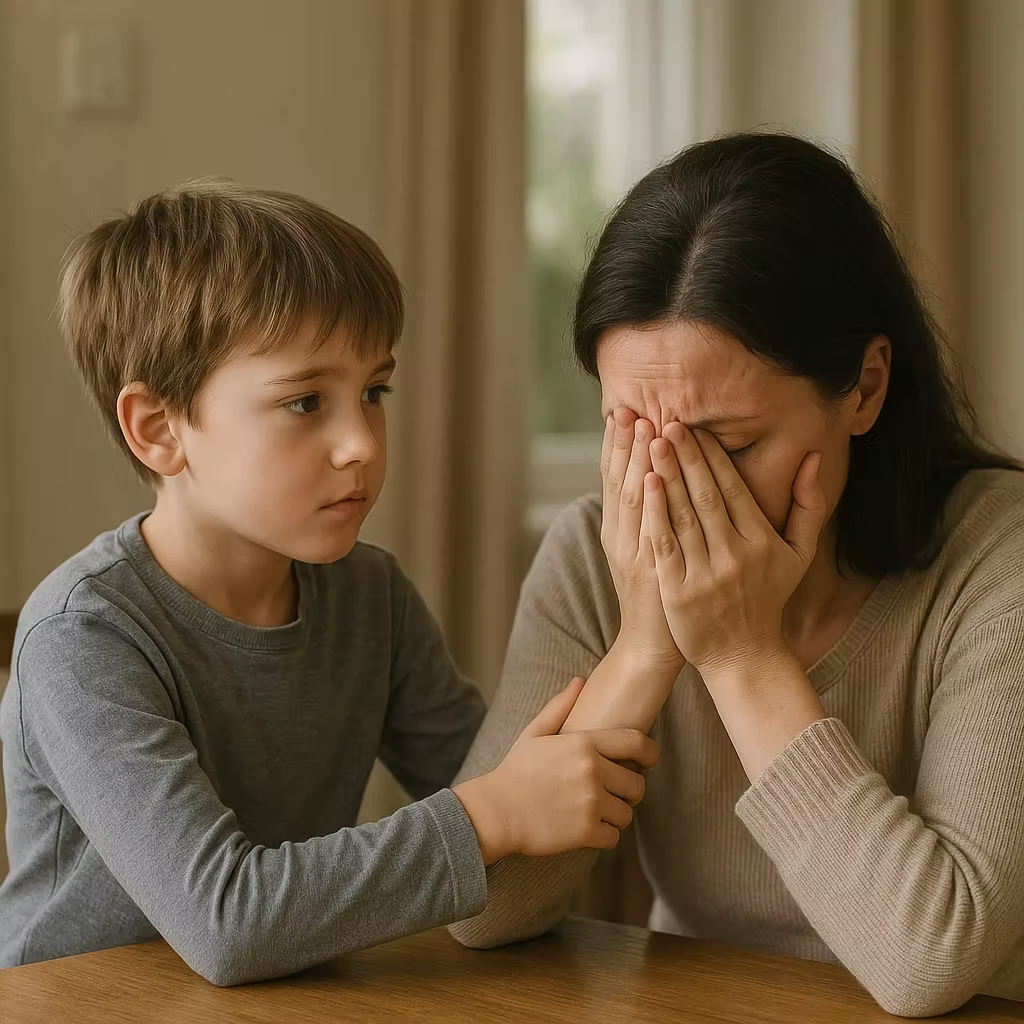
Lisa Ferentz
Contact information
Lisa is a recognized expert in the strengths-based, de-pathologized treatment of trauma and has been in private practice for over 40 years. She presents workshops and keynote addresses nationally and internationally, both in person and online, and is a clinical consultant to practitioners and mental health agencies in the United States, Canada, the UK, Ireland, Italy, Spain, and Israel.
She has been an Adjunct Faculty member at several Universities, and is the Founder of “The Ferentz Institute,” now in its seventeenth year of providing continuing education to mental health professionals and graduating several thousand clinicians from her two Certificate Programs in Advanced Trauma Treatment.
In 2009 she was voted the “Social Worker of Year” by the Maryland Society for Clinical Social Work. Lisa is the author of Treating Self-Destructive Behaviors in Trauma Survivors: A Clinician’s Guide, now in its second edition, Letting Go of Self-Destructive Behaviors: A Workbook of Hope and Healing, and Finding Your Ruby Slippers: Transformative Life Lessons from the Therapist’s Couch. Lisa also hosted a weekly radio talk show, writes blogs and articles for websites on trauma, attachment, self-destructive behaviors, and self-care, teaches on many webinars, and is a contributor to Psychologytoday.com. You can follow Lisa’s work on her website, www.theferentzinstitute.com, LinkedIn, YouTube, and Twitter.
Lisa’s specialties include:
- Adolescent & adult survivors of physical, sexual, emotional abuse, and neglect
- Self-injurious behaviors including: eating disorders, self-mutilation, and addictions
- Somatization of trauma/trauma and the brain
- Depression and anxiety
- Dissociative disorders
- Parenting and marital issues
- Vicarious traumatization, professional burnout, and self-care
- Strengths-based and de-pathologized approaches including: Internal Family Systems, Ericksonian hypnosis, EMDR, art therapy techniques, and mind-body modalities
In this workshop we will look at the unique developmental aspects of the adolescent brain and why it is so vulnerable to the negative effects of social media and video gaming.
In this workshop, participants will look at the Code of Ethics for guidance as it relates to issues of termination, therapist safety, and best practices.
In this workshop, participants will connect the fawn response to insecure attachment, and process why it is a necessary and inevitable childhood response to trauma, abuse or neglect.
This workshop will focus on ethical issues that can arise in therapy when treating traumatized clients, as well as issues related to termination.
In this 6-hour workshop we will process the inherent challenges of working with traumatized clients in a variety of practice settings.
In this 6-hour workshop we will explore creative ways to empower clients to continue their work outside of therapy by introducing “invitations” to be accomplished in between their sessions.
In this 6-hour workshop participants will learn about the etiology, epidemiology and diagnostic criteria for all of the affective and anxiety disorders in DSM-5.
In this 6-hour workshop we will experientially process a variety of techniques designed to help traumatized clients somatically and emotionally feel safe, grounded, and within the optimal window of arousal.
In this 6-hour workshop we will make the connection between the inevitable coping strategies that emerge for abused and neglected children and how those behaviors create suffering and dysfunction in adulthood.
In this 6-hour workshop we will use videotaped examples to explore the four major attachment styles: secure; avoidnt; ambivalent; and disorganized.




